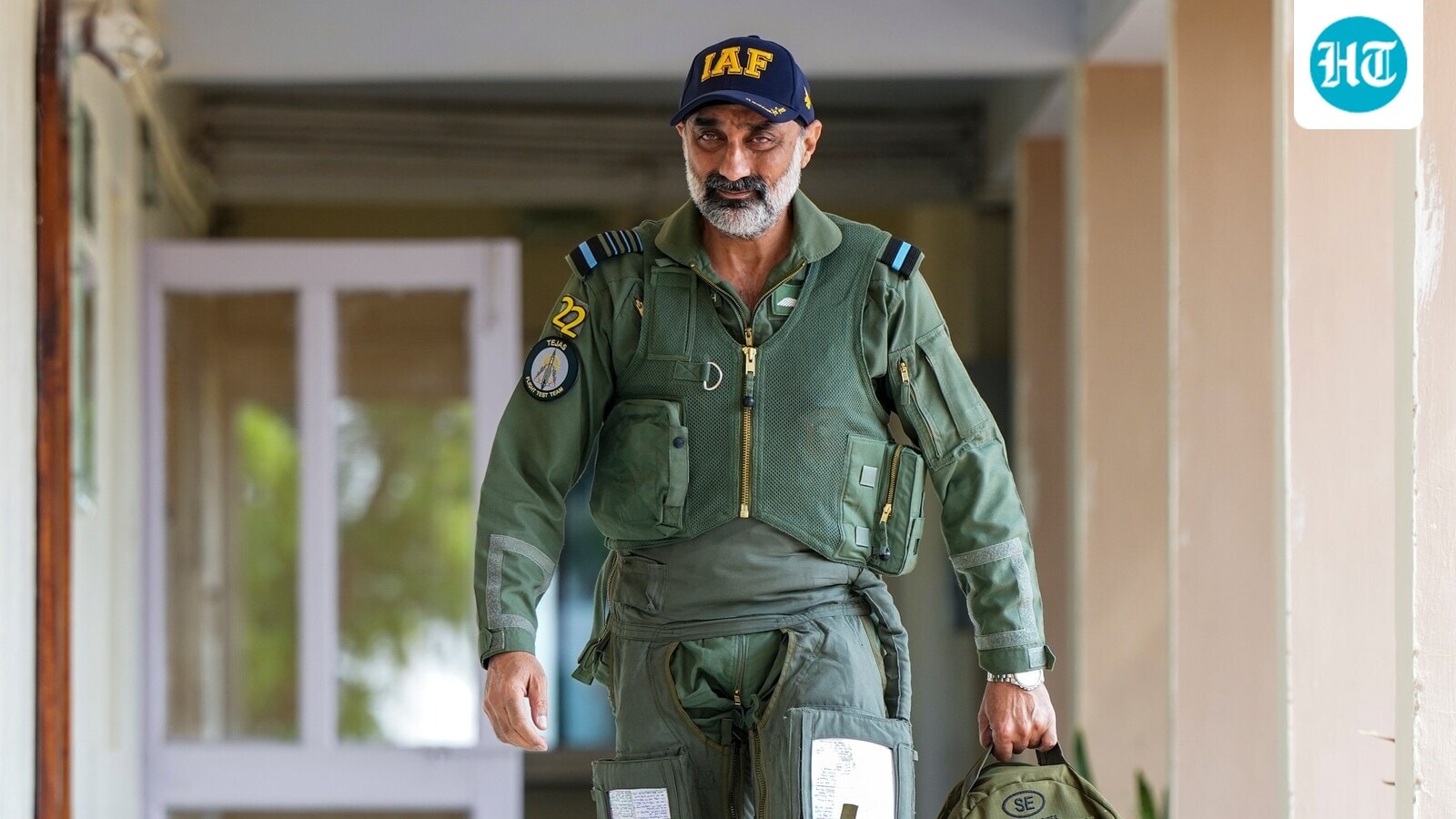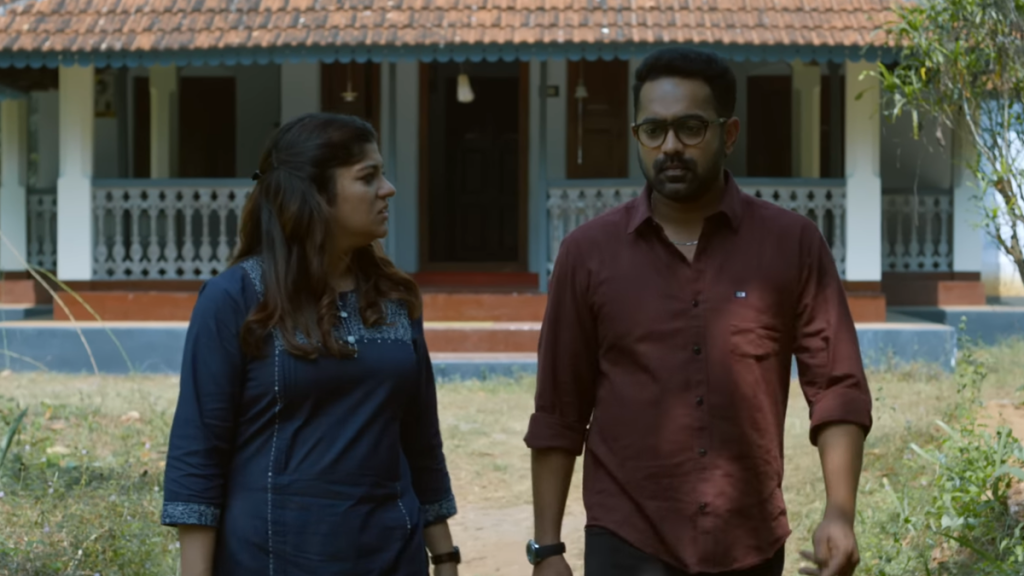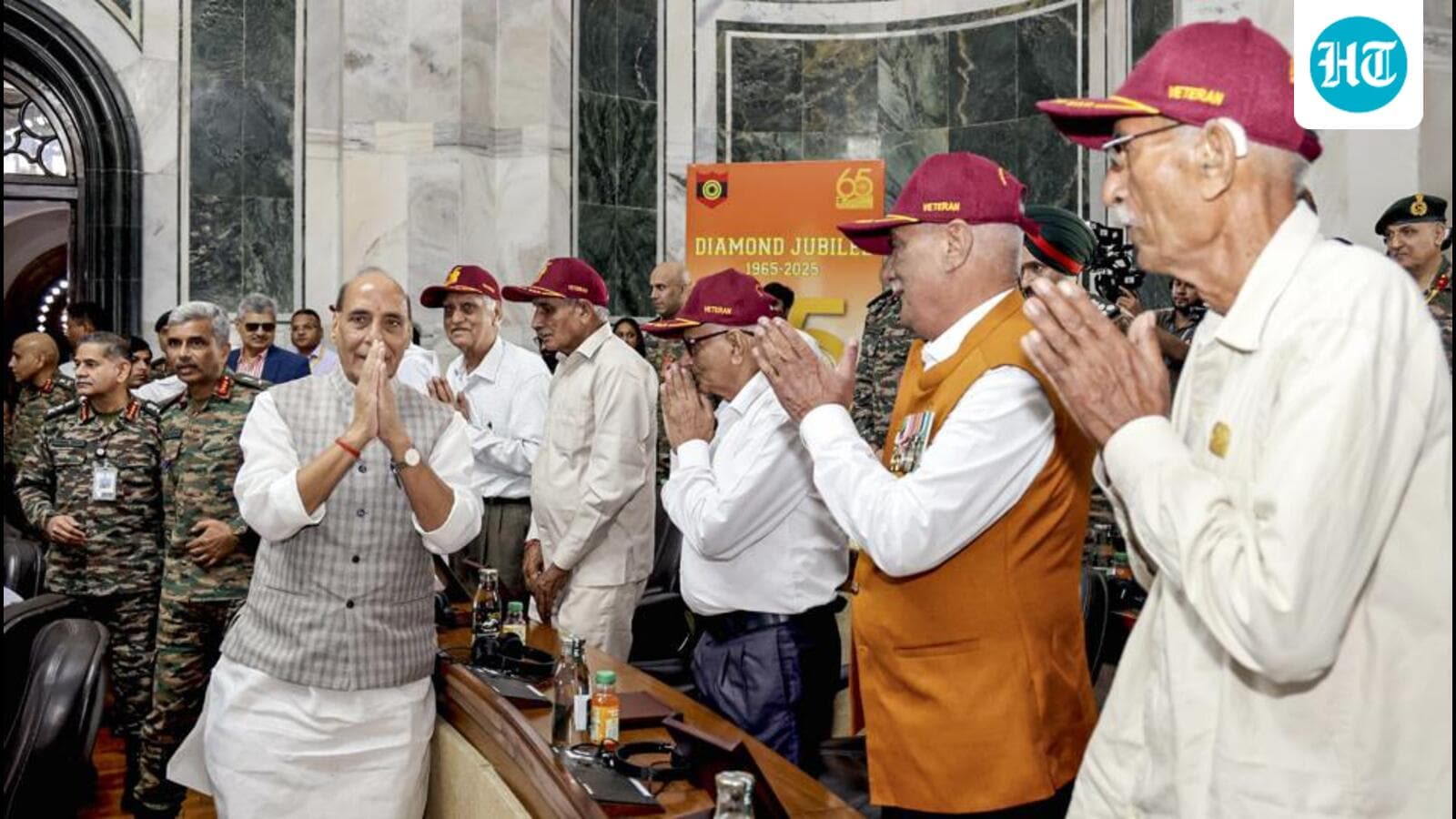Now Reading: IAF Chief Explains Early End to Operation Sindoor: ‘War Shouldn’t Feed Egos
-
01
IAF Chief Explains Early End to Operation Sindoor: ‘War Shouldn’t Feed Egos
IAF Chief Explains Early End to Operation Sindoor: ‘War Shouldn’t Feed Egos

Quick summary
- Operation Sindoor: Indian armed forces conducted retaliatory strikes in May 2025, targeting terrorist infrastructure in Pakistan and Pakistan-occupied Kashmir (PoK) following teh April 22 Pahalgam terrorist attack that killed 26 people.
- Conflict Duration: The strikes led to a four-day military exchange of drones and missiles between India and Pakistan, ending after the Pakistani DGMO sought a ceasefire with India.
- IAF Chief’s Remarks: Air Chief Marshal AP Singh emphasized conflict termination to avoid inflated egos and minimize economic and strategic costs. He stated India’s objectives-anti-terrorism-were achieved, thereby justifying the swift cessation of hostilities.
- Global Reference: AP Singh cited prolonged conflicts like Russia-Ukraine or Israel-Palestine as examples where lack of focus on termination goals has led to drawn-out wars with notable costs.
- Preparedness & Economy: Continuing unneeded conflicts could affect India’s future preparedness and economic progress. He underscored India’s approach as an example for the world on swift conflict resolution.
- Civilian Consideration: CDS General Anil Chauhan highlighted that Operation Sindoor’s pre-dawn timing was aimed at avoiding civilian casualties during the strike.
Indian Opinion Analysis
India’s decision to swiftly conclude Operation Sindoor after achieving its anti-terrorism objectives reflects a pragmatic approach prioritizing national interests, economy, military preparedness, and civilian safety. By stopping hostilities early despite calls for extended action from some quarters, India’s leadership avoided risks associated with prolonged warfare while demonstrating strategic discipline.
The IAF chief’s emphasis on avoiding ego-driven escalations is significant; it underscores how premature termination can avert financial strains which long-term wars pose-as seen in global instances cited by him. Additionally, this restraint positions India as an effective negotiator capable of decisive yet limited use of military force towards addressing terrorism.
India’s strategy may provide lessons for international powers struggling with protracted conflicts in terms of clearly defining objectives before initiating action while keeping post-conflict readiness intact. The narrative also reinforces India’s stance against terrorism without compromising broader socio-economic considerations.




























